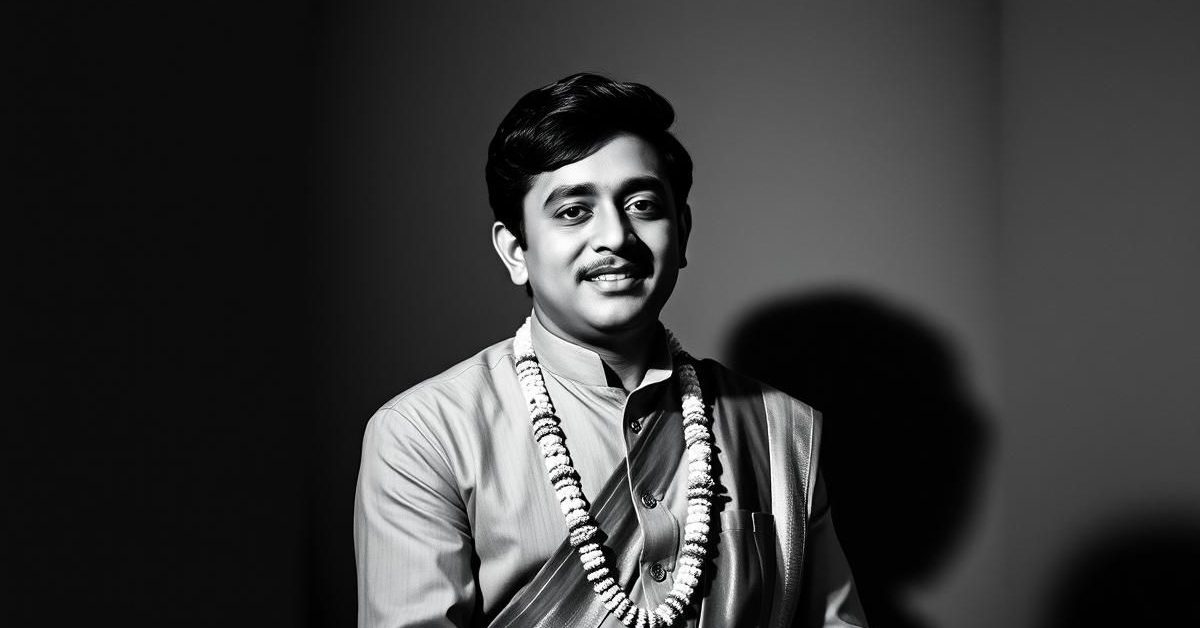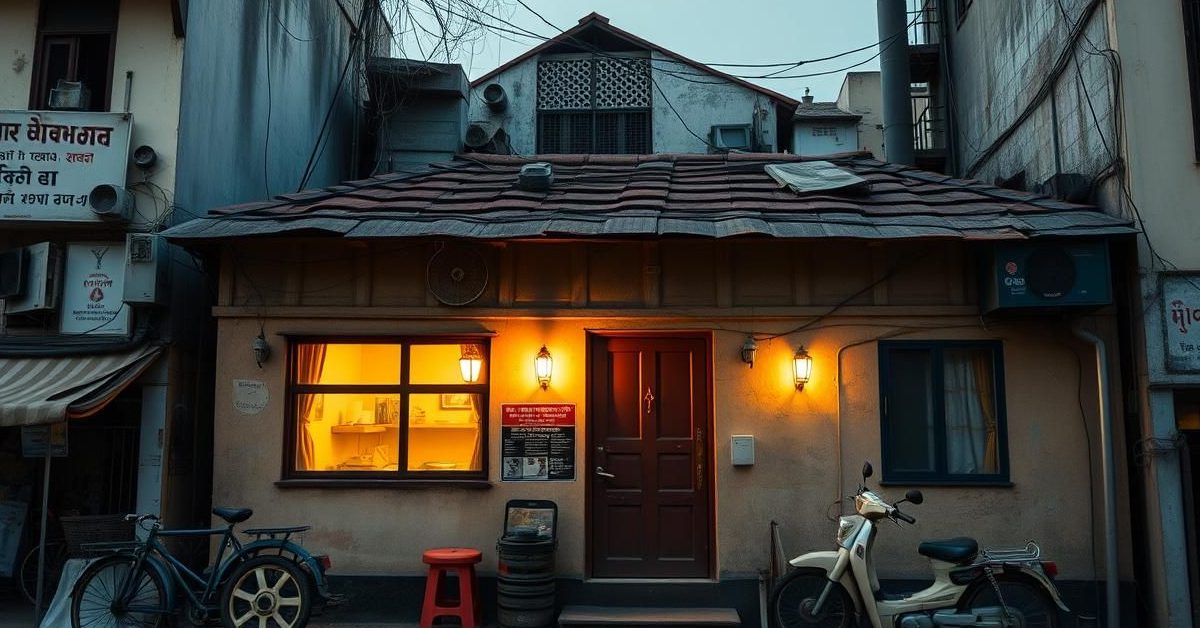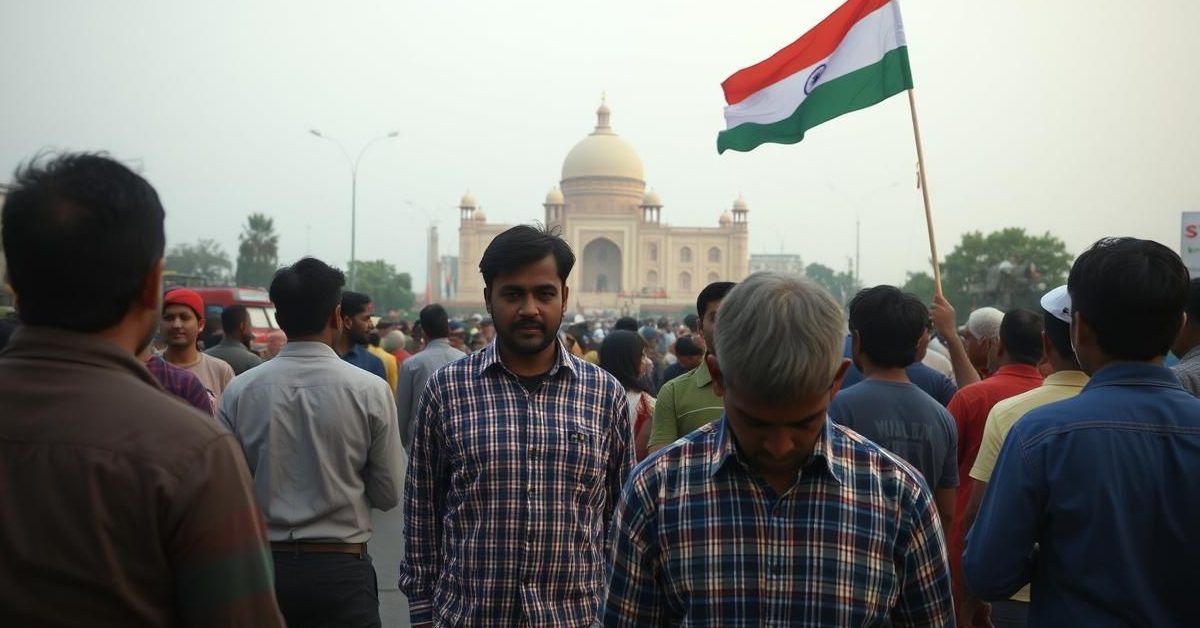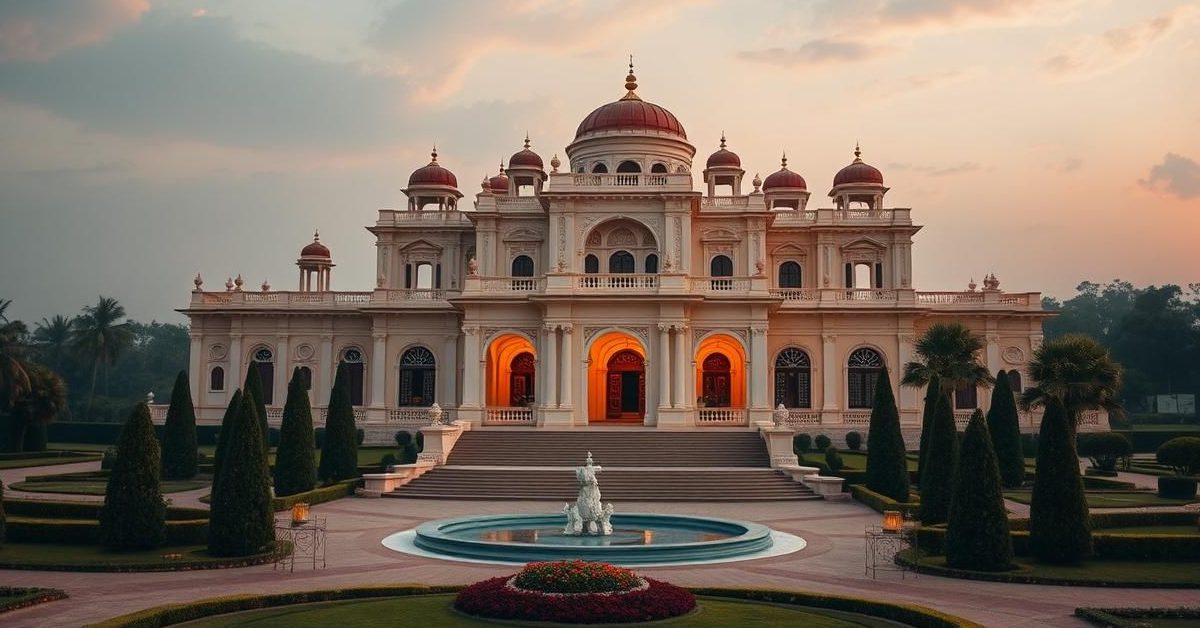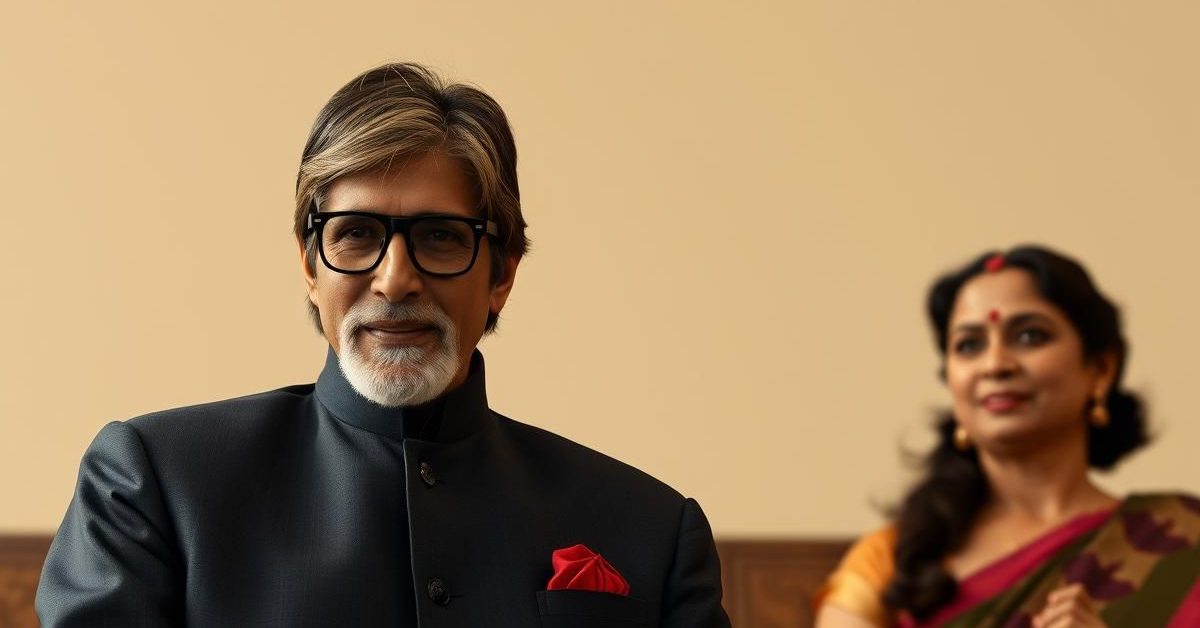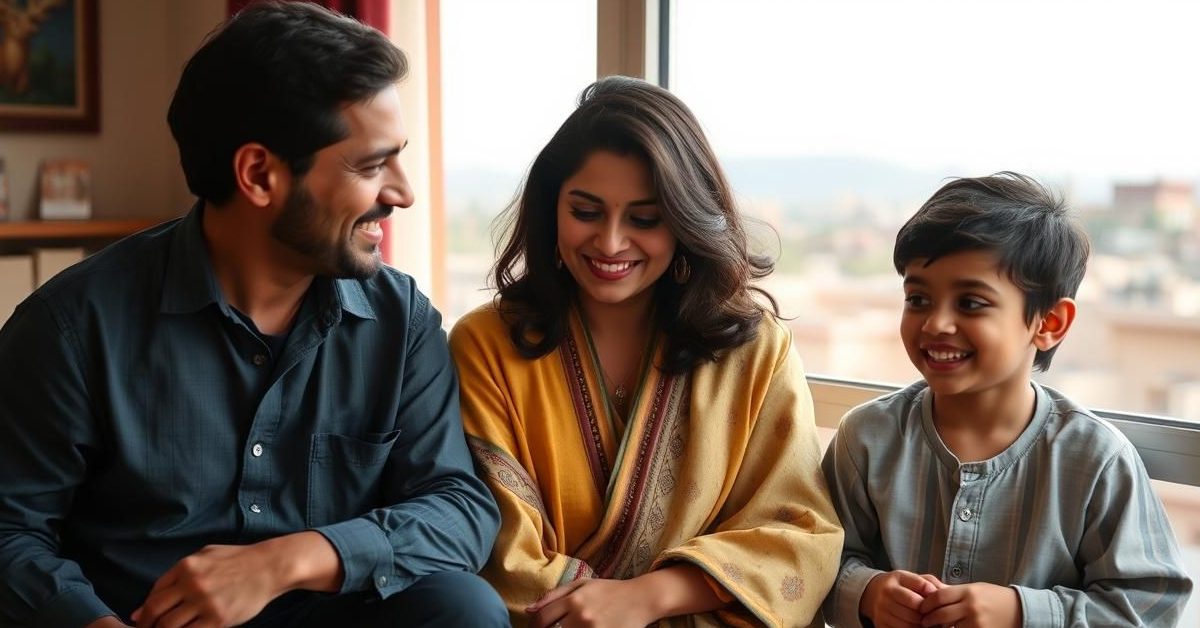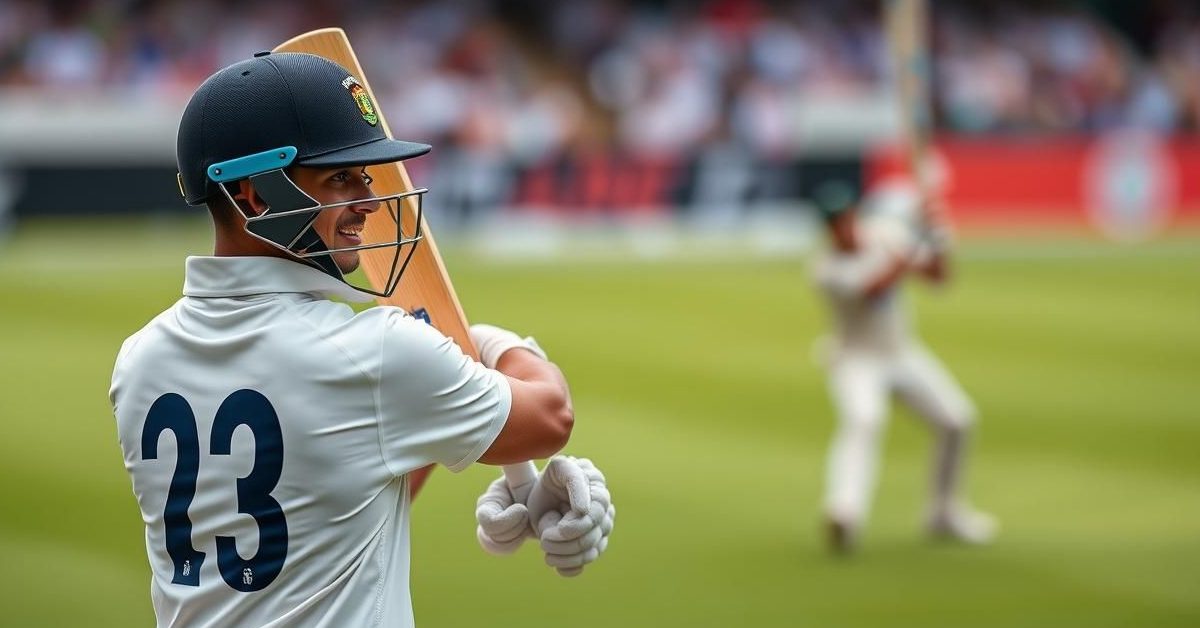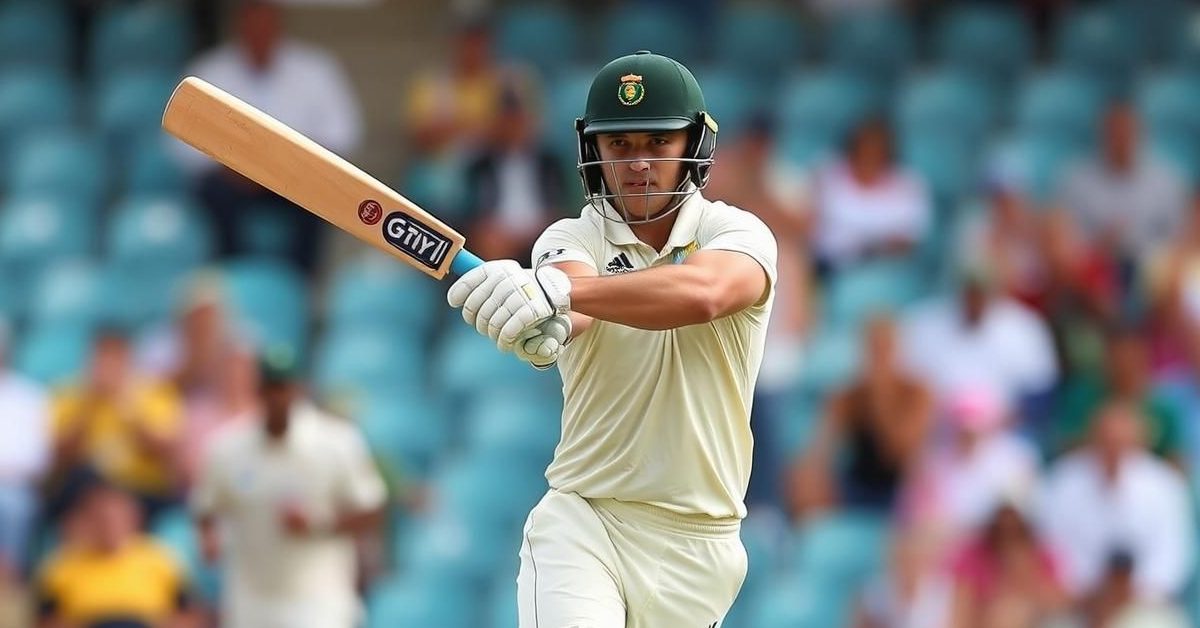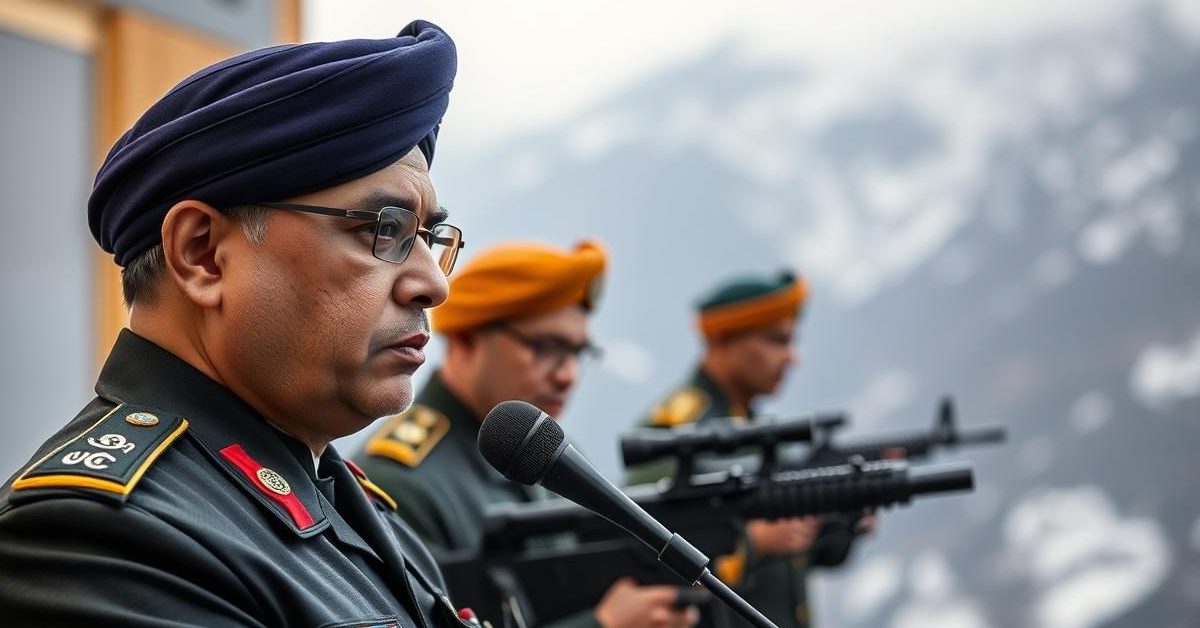The legendary voice of Indian cinema, Kishore Kumar, captivated millions with his unparalleled versatility. Yet, beneath the veneer of his exuberant public persona, his personal life, particularly his tumultuous marital journey, painted a far more complex and often heartbreaking picture. From profound disapproval to agonizing loss, his four marriages unfolded like a dramatic saga, revealing the vulnerabilities of an iconic artist searching for solace.
An intriguing interview with *The Illustrated Weekly of India* shed considerable light on the inner workings of his heart, where Kishore Kumar himself candidly dissected the reasons behind each marital failure, offering a rare glimpse into the emotional landscape of one of Bollywood’s most enigmatic figures.
The First Chapter: Kishore Kumar and Ruma Ghosh
Kishore Kumar embarked on his marital journey at the tender age of 21 in 1950, tying the knot with Ruma Ghosh, a talented Bengali actress and singer. However, their union was fraught with fundamental differences. Years after their separation in 1958, Kumar reflected on their divergent paths with a tinge of regret and clarity.
He acknowledged Ruma’s inherent talent, yet expressed a deep-seated desire for a partner who would prioritize homemaking over a burgeoning career. “She wanted to build a choir and a career. I wanted someone to build me a home,” he explained, highlighting the clash between traditional expectations and burgeoning female aspirations in mid-20th century India. This irreconcilable difference, as he saw it, led them to ultimately go their separate ways, despite sharing a son, Amit Kumar.
A Tragic Love: Kishore Kumar and Madhubala
The narrative of Kishore Kumar’s second marriage, to the ethereal Madhubala in 1960, is steeped in profound tragedy and poignant sacrifice. Madhubala, fresh from a high-profile relationship with the legendary Dilip Kumar, carried a devastating secret: a congenital heart condition that threatened her very existence.
Kishore Kumar, by his own admission, was fully aware of her precarious health before their wedding. He claimed he married her out of a solemn “promise,” rather than love, a revelation that adds a layer of stark complexity to their bond. He nursed her devotedly for nine agonizing years until her untimely demise in 1969.
He vividly recounted the pain of witnessing her gradual decline: “She was such a beautiful woman and she died so painfully. She would rave and rant and scream in frustration.” His poignant account of comforting her through her suffering, laughing and crying with her until her last breath, stands in stark contrast to claims made by Madhubala’s family, who alleged that he had left her at her father’s residence shortly after their marriage. This chapter remains one of the most heart-wrenching episodes in Kishore Kumar’s life story.
A Brief Interlude: Kishore Kumar and Yogeeta Bali
The third marriage, to actress Yogeeta Bali, proved to be a fleeting and, by Kishore Kumar’s own assessment, almost farcical affair. Lasting a mere two years from 1976 to 1978, he famously dismissed it as a “joke.” His candid remarks suggested a lack of seriousness on Yogeeta’s part regarding the marriage, claiming her primary preoccupation lay with her mother and that she seemingly had no desire to truly establish a home with him.
This brief union took on another dimension of complexity when Yogeeta Bali later married the rising star Mithun Chakraborty. This subsequent alliance reportedly created a noticeable rift between Kishore Kumar and Mithun Chakraborty, leading to the widely circulated rumor that the prolific singer, known for lending his voice to countless actors, subsequently refused to sing for Mithun’s films.
Finding Peace: Kishore Kumar and Leena Chandavarkar
In 1980, Kishore Kumar entered his fourth and final marriage with actress Leena Chandavarkar. This union, which lasted until his passing in 1989, appears to have brought him a profound sense of peace and stability. He spoke of Leena with a discernible admiration, describing her as a “very different kind of person.”
Leena Chandavarkar had herself endured immense personal tragedy; her first husband, Siddharth Bandodkar, from a prominent Goan political family, had died tragically in an accidental shooting shortly after their wedding. This shared experience of profound loss, Kishore believed, had granted Leena a unique understanding of life’s transient nature and an empathetic maturity that resonated deeply with him. “She’s seen tragedy. She’s faced grief. When your husband is shot dead, you change. You understand life,” he observed. This marriage, marked by mutual understanding and a quiet companionship, proved to be his final, settled chapter before his untimely demise from a heart attack in 1989.
